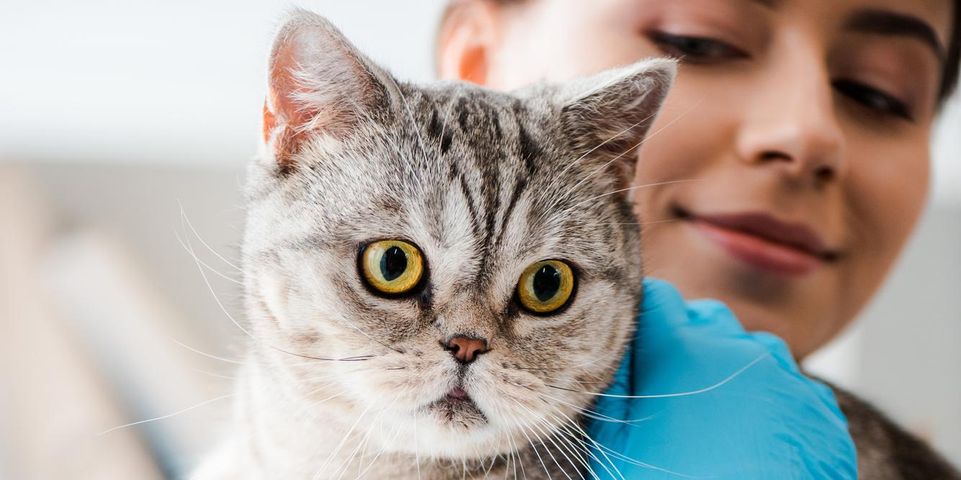
Like humans, cats are prone to a variety of serious illnesses, including upper respiratory infections. In your cat’s case, they would need to be seen by a veterinarian if you notice any symptoms of such a condition. As the owner, it’s essential to know some basic facts on the topic.
Common Questions About Upper Respiratory Infections in Cats
What are the symptoms of feline upper respiratory infections?
A cat with an upper respiratory infection will cough and sneeze frequently, and their meow may sound strained or hoarse. They may also be lethargic and lose their appetite due to a fever.
Additionally, their nose, which could develop ulcers, may become congested or runny to the point that they can’t breathe without opening their mouth, which warrants an urgent trip to see a veterinarian.
What causes these infections?
Upper respiratory infections are usually caused by one of a few viruses common among cats. The feline herpesvirus and the feline calicivirus are most frequently the culprits. Cats being vaccinated with the FVRCP vaccination (commonly called Feline Distemper Vaccine) are less susceptible to these viruses.
 Bacteria can also cause an upper respiratory infection; common culprits include Bordetella, mycoplasma, and feline chlamydiosis. Unvaccinated cats who experience physical or emotional distress or live in close, crowded quarters with other cats are particularly susceptible.
Bacteria can also cause an upper respiratory infection; common culprits include Bordetella, mycoplasma, and feline chlamydiosis. Unvaccinated cats who experience physical or emotional distress or live in close, crowded quarters with other cats are particularly susceptible.
3. How can infections be treated and prevented?
When you bring your cat to the animal hospital, the veterinarian will prescribe medications to manage the symptoms until the virus has run its course. To reduce the odds that they’ll be infected again, make sure your cat gets vaccinated. If you have multiple cats, don’t let them share food, beds, or litter boxes.
4. How can you help your cat at home?
Keep in mind that since upper respiratory infections are typically viral, you and your cat must wait one to three weeks before it will leave their system. To help keep your cat comfortable, try to consistently wipe discharge from their nose and eyes with a soft, clean cloth, and keep your home as humid as possible.
If you think your cat has an upper respiratory infection, they’ll receive attentive and quality care from a veterinarian at A-4 Animal Hospital in Lincoln, NE. Cat health is among their many areas of expertise, alongside dog and exotic animal care, so your cat is always guaranteed a safe and comfortable visit. If your pet is so sick that you’re worried about transporting them to the veterinary clinic, a specialist will come treat your cat at home. To learn more about their services, call them today at (402) 475-2282 or explore their website.
About the Business
Have a question? Ask the experts!
Send your question

